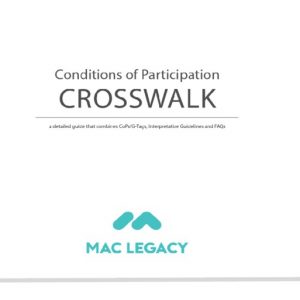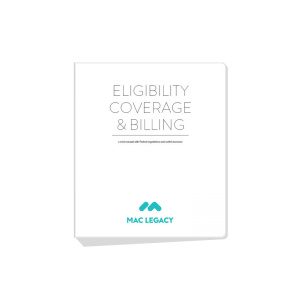Hospices are required to have an organized governing body that has complete and ultimate responsibility for the organization, including legal and financial authority. This condition of participation—§418.100 and §418.58–requires the governing body to be informed of the hospice’s ongoing operations, including patient care delivery issues and QAPI activities. It’s imperative there is evidence of the…
Hospices are required to have an organized governing body that has complete and ultimate responsibility for the organization, including legal and financial authority. This condition of participation—§418.100 and §418.58–requires the governing body to be informed of the hospice’s ongoing operations, including patient care delivery issues and QAPI activities. It’s imperative there is evidence of the governing body’s active role and leadership of the organization. This is accomplished in written minutes of each committee meeting as well as written communications, as necessary, between the hospice managers and the governing body. Although the administrator is responsible for the day-to-day activities of the organization, governing body members should be taking an active role in leading the hospice in its mission and vision. Ideally, the governing body is comprised of members who are diverse in their expertise, cultural backgrounds and familiarity with the communities the organization is serving. Engagement in the community can be pivotal in helping the hospice to advance health equity in the hospice’s service areas. Make sure your governing body is an indisputable and meaningful part of the organization.


